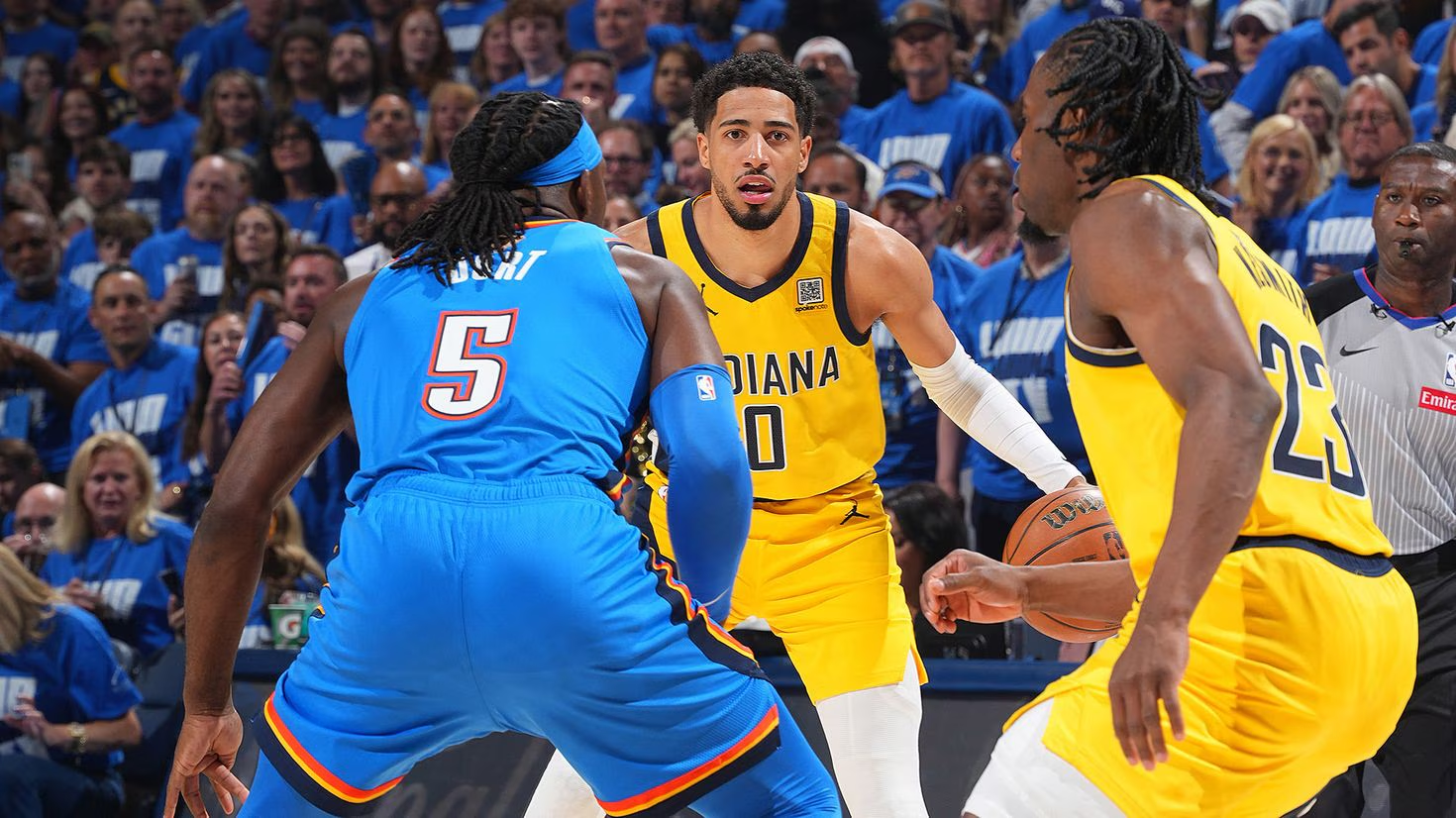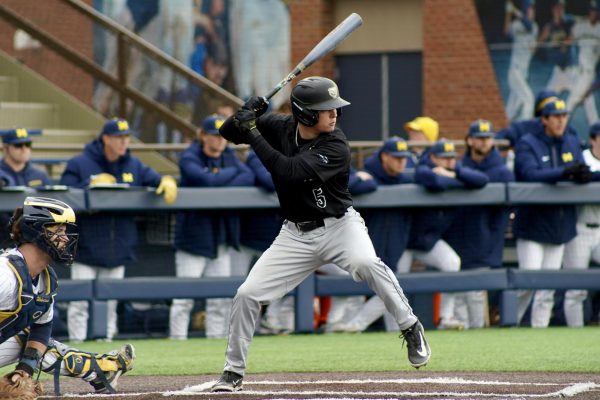COLUMN: More money, many more problems
I remember a time when I was younger and I watched college football in amazement.
Mesmerized by the passion and sense of unity that came with rooting for a school, specifically The University of Michigan, for as far back as I can remember.
My hatred for the team south of us, The Ohio State University, is rooted deep in my childhood and I cannot explain truly why.
Watching the Wolverines take on the Buckeyes with my family on my mother’s side at my uncle’s house on late November afternoons are memories that are embedded in my brain.
As I’ve gotten older (and hopefully wiser), the clean view of what I believed to be innocent sports has become messier.
I’d be lying if I said that the recent allegations involving OSU did not make me laugh, but they speak to a greater issue that is affecting everything on the college gridiron to the hardwood: money rules all.
Whether we want to admit it, NCAA violations occur at every major university in the nation, regardless if they get caught or get away with it.
Becoming an elite athletic program now takes getting your hands dirty.
This is obvious by looking at some of the most recent elite universities:
Auburn — facing questions regarding the recruitment of quarterback Cam Newton.
Oregon — The university paid $25,000 to a scouting agent that helped in the signing of WR Lache Seastrunk.
USC — The NCAA hammered the school with sanctions, including the loss of their 2004 NCAA Football Championship, for infractions regarding running back Reggie Bush and basketball star O.J Mayo.
Tennessee — under investigation for NCAA recruiting violations in both the football and men’s basketball program
With million dollar television deals, state-of-the-art stadiums, and boosters galore, every school is expected to perform and this can only be achieved by getting five-star talent at every position, any way possible.
Major conference college football is the big money maker; profits are at an all-time high.
CNNMoney reports, “The richest college football programs got richer in 2010, pocketing more than $1 billion in profits for the first time.”
Not all schools are profiting though. During the 2009-10 school year, Wake Forest reported a loss in profits.
Regardless of the numbers, something needs to change.
The NCAA needs to start laying down stricter sanctions or something further down the legal road as the culture and, more importantly, the future of college sports are at stake.
The spark that got me into college sports at a young age is at risk of being tarnished by the transgressions of individuals.
The passion and integrity of today’s game are slowly dropping as the money begins to rise.






